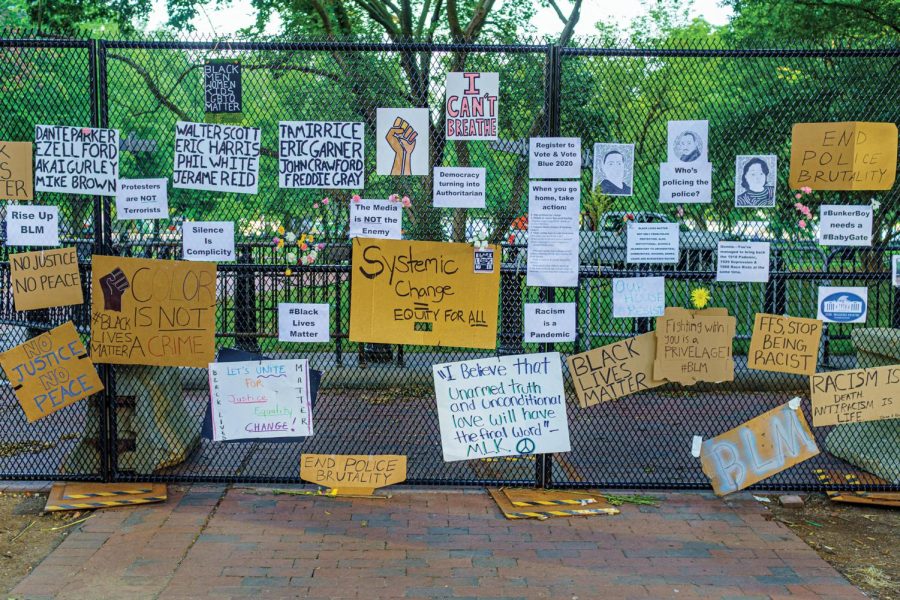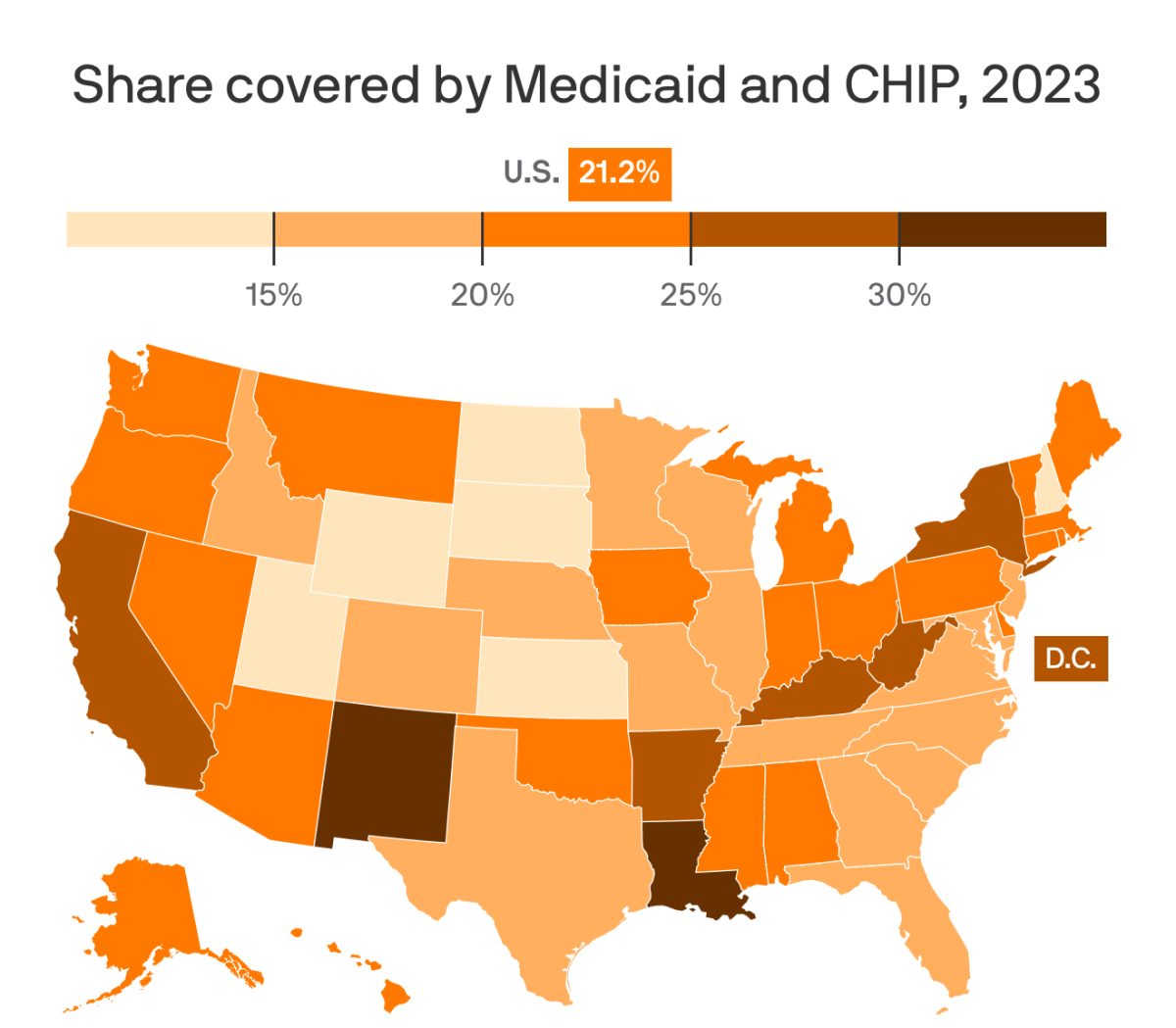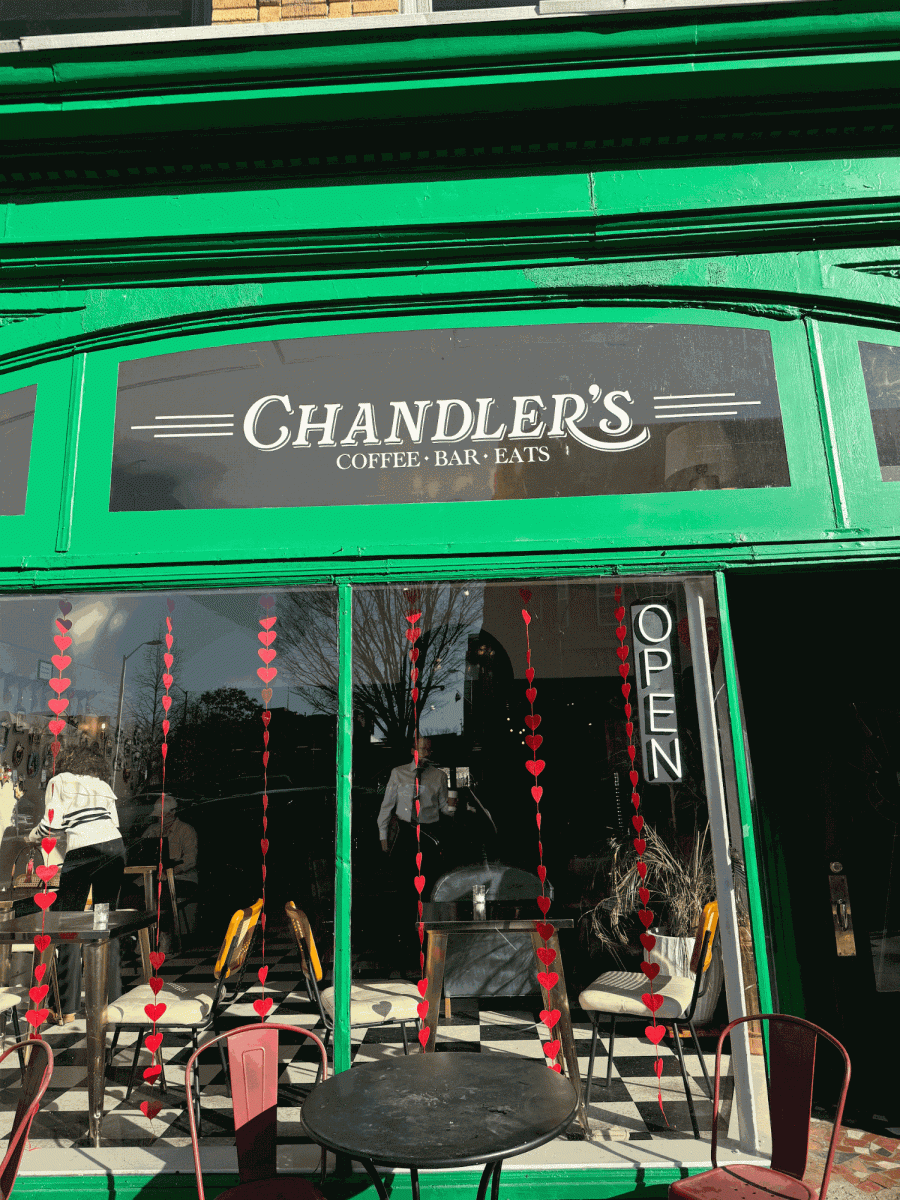Students are disturbed by hearing that Black officers would abuse their power in a way that saddens the Black community. The country saw a scene it knows all too well when the body camera footage of Tyre Nichols’ murder was revealed to the public.
It has become too common for Black officers to face the consequences for their actions faster than White officers. Even though it is sad, some students still feel like the officers should face the consequences for their actions no matter their race.
20-year-old Winston Salem State University student, Leilla Hamoud was forcefully arrested and removed from her classroom over a dispute with her white professor on Dec. 14, 2022. The Black community, students and parents unified in support of Hamoud to protest and showed their outrage for this seemingly unnecessary, unjust display of violence and to bring awareness to this pertinent issue.
In a recent tweet, the Chief of N. C. A&T Police, Officer Jermaine Cherry, gave his condolences to the family of Tyre Nichols and reassured the N.C. A&T community of his desire to protect and serve.
“At North Carolina A&T, our police officers adhere to our core values of integrity, dedication, selflessness, and willingness in service to our community. Our officers are expected to be professional, prepared and proactive, partnering with the community in support of safety,” Cherry expressed.
The video of Hamouds’ arrest, filmed by one of her fellow classmates, went viral on social media and raised many concerns surrounding police presence on college campuses, and as WSSU is a historically Black college, the weaponization of police officers against Black youth is being called into question.
According to the NAACP, the institution of policing origins can be traced back to slave patrol organizations that specialized in locating and returning runaway enslaved people.
The widespread protests and mobilization of Black youth in 2020 spread anti-police sentiments and many Black people began organizing towards the abolition of the police in their communities. This sentiment is particularly popular on HBCU campuses.
Freshman computer graphic technology and IT student, Jada Sheppardsays she is not very confident when it comes to policing standards on campus, nor does she agree with the policing system as a whole.
“It makes me scared because most victims of police brutality are Black and I get afraid for my fellow peers on campus,” Sheppard said.
Sheppard is a big activist for change and does her part by attending protests. She has experienced first hand at a Geroge Floyd protest, the violence that unfortunately comes with it.
“I have been a victim of police brutality and I do not think the race of the police matters,” Sheppard said. “I got tear gassed by a Black cop during the George Floyd protest, so honestly you become a class trader when you become a cop.”
Ethan Johnson, sophomore mass communications student, has similar views on policing. He explained his relationship with the police while being a Black man.
“Seeing [police brutality] on social media everyday, it saddens me that this is the world in which we live in, and that we have to be scared of people whose job is to protect us,” Johnson said. “It is becoming very prevalent that it does not matter if the police officer is Black or White, they automatically have a prejudice or bias when they see a Black man.”
The over policing of predominantly Black communities and the brutalization of said communities are rising amongst police departments across the nation.
According to Health Data, police brutality has increased by an alarming 38 percent, but without any changes made to improve these injustices the Black community will continue to reap the consequences.
Police brutality and the over policing of the Black community is an issue that is taking over neighborhoods and communities, and without better training and changing the qualifications to become a police officer the Black community will continue to suffer.







